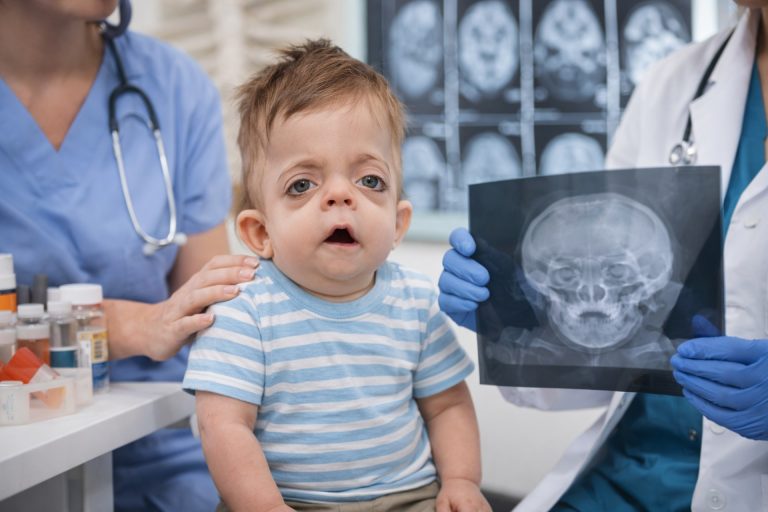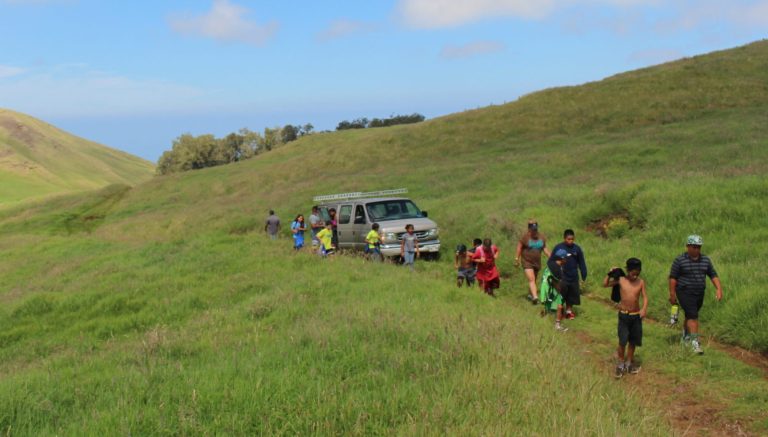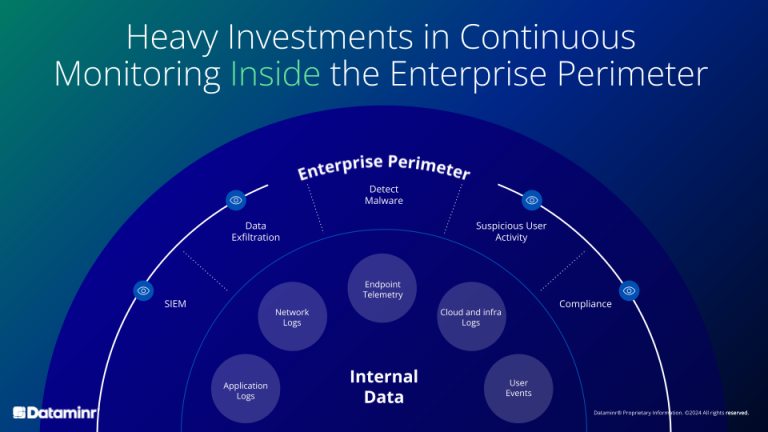
If you or your doctor suspects lung cancer, the most natural next step would be to visit a lung surgery clinic in Singapore to find answers and plan your care. A lung surgery clinic is basically a facility that specialises in conditions of the chest like lung disease, tumours and other thoracic problems.
Your GP may refer you to such facilities if your chest X-ray results or symptoms look worrying. Typical symptoms that may warrant a referral to a lung surgery clinic are; persistent cough, coughing blood, unexplained breathlessness or repeated chest infections.
In a good lung surgery clinic in Singapore, you will find specialists who can confirm a diagnosis, stage any cancer accurately and recommend the safest treatment plan. A safe treatment plan can be surgery, radiotherapy, chemotherapy or a combination.
How do Lung Surgery Clinics Check for Cancer?
In a lung surgery clinic, you’re often behind the scenes thinking of surgeons, but it’s not only them who matter. You’ll typically find a thoracic or cardiothoracic surgeon performing the procedures.
These surgeons are usually supported by anaesthetists or operating department practitioners who manage anaesthesia before and during surgery. Perioperative nurses and respiratory therapists tend to recovery and breathing support.
You will also find oncology specialists, like medical or radiation oncologists who can step in when cancer treatment is needed. To check for lung cancer, here are some of the diagnostic tests you may be administered at a lung surgery clinic in Singapore;
- Chest X-ray: A chest X-ray is often the first imaging test when symptoms appear. It can show clear abnormalities like large masses or a lung collapse but misses small nodules. Because it is quick and widely available, many clinics use it as an initial screen before ordering more detailed scans.
- CT Scan (high-resolution or contrast-enhanced): CT gives a detailed picture of the lungs. It cannot only show nodule size but also the shape and exact location. Lung surgery clinics use CT to decide how suspicious a lesion looks and to guide decisions about biopsy or surgery. The scan also visualises nearby structures like lymph nodes and blood vessels, which helps with planning.
- PET-CT Scan: PET-CT combines metabolic information with CT images to show areas that burn more energy often active cancer. It helps detect spread to lymph nodes or distant sites that a CT alone may miss. A strong PET signal usually means the team will pursue tissue diagnosis to confirm cancer.
- Bronchoscopy with Biopsy: In bronchoscopy, the specialist uses a thin scope that gets passed through your nose or mouth to look inside airways and take tissue samples. It works best for tumours near the central airways and can collect brushings or washings for pathology and microbiology. Before this procedure, you will receive local anaesthetic and light sedation to ensure comfort. The procedure is brief and usually well tolerated.
- CT-Guided Needle Biopsy: For nodules at the lung periphery, your radiologist may use CT guidance to insert a fine needle through the chest wall and sample tissue. This outpatient procedure often gives a definitive diagnosis and spares you from larger surgery. There is however a small risk of a pneumothorax (air leak), which the team will be keen to monitor and treat if it occurs.
- Endobronchial Ultrasound (EBUS) / Mediastinoscopy: EBUS uses ultrasound on the bronchoscope to sample lymph nodes via the airway without open surgery. Mediastinoscopy is a surgical option to reach deeper nodes when needed. Both procedures stage the disease by confirming whether lymph nodes contain cancer cells, which directly affects treatment choices.
If you’re diagnosed with lung cancer, your doctors will proceed with staging. Now, staging lung cancer tells you how far a tumour has spread.
To classify disease and guide treatment, the doctors at your lung surgery clinic in Singapore may use the TNM (Tumour size, Node involvement, and Metastasis) system. If you’re diagnosed with early-stage disease confined to the lung, you may be recommended surgery with curative intent.
If your lung cancer is one that is in more advanced stages that involve lymph nodes or distant organs, you may need combined treatments like chemo or radiotherapy. Accurate staging can prevent under- or overtreatment. It also helps predict outcomes, so clinics combine imaging and tissue sampling to stage reliably.
How to Prepare for Tests and Clinic Visits
These tests may look like a lot of work. And like many people you may naturally wonder; how do you prepare for lung cancer tests and clinic visits? Here are some easy recommendations;
- Bring referral documents and prior scans: Bringing previous imaging or clinic letters helps the team compare changes over time and avoid repeat tests. So, ask your GP or previous hospital to send digital copies to the lung clinic beforehand. This can speed up assessment and planning.
- Tell the team about medications and allergies: Blood thinners, herbal supplements and drug allergies affect biopsy or surgery safety. The clinic will advise which medicines to stop and when, to reduce bleeding risk. So, reveal any medications or supplements you may have been using. Importantly, follow outlined instructions religiously to protect you during procedures.
- Arrange transport and someone to accompany you: Sedation or anxiety can make driving unsafe after tests. So, it is best to plan for a ride home and a companion to support you. A friend can help with paperwork and remember discharge instructions. This also eases stress during a difficult day.
- Stop smoking and optimise breathing: If you’re an active smoker, quitting smoking, even briefly, improves oxygenation and reduces surgical risks. Your lung surgery clinic in singapore can advise on quick cessation measures and refer you to support services. Better lung function is not only key for recovery. It also lowers complication rates.
- Prepare questions and note symptoms: Write down your symptoms, when they started and any changes since your GP visit. It will also help to prepare specific questions about risks, recovery times and next steps. Have clear notes to make your consultations efficient and ensure you get the answers you need.
Wrapping Up
Lung surgery clinics use staged imaging and tissue tests to diagnose and stage lung cancer. They then tailor treatment to each unique situation. If referred to a lung surgery clinic in Singapore, seek early assessment to speed up diagnosis and broaden your treatment options.
Are you worried about a chest scan or persistent symptoms? If so, please book an assessment at our lung surgery clinic Singapore for prompt imaging, expert biopsies and a clear, patient-centred plan to move forward. See details below;
International Center for Thoracic Surgery in Singapore | Dr. Aneez
Mt Elizabeth Novena
38 Irrawaddy Road #10-38
Mount Elizabeth Novena Specialist Centre
Singapore 329563
+65 6591 8801
+65 8875 0389
Mt Alvernia
Mount Alvernia Hospital
820 Thomson Road
Medical Centre D
#06-70 S574623
+65 6255 5633
+65 8875 0389
Farrer Park Hospital
1 Farrer Park Station Road #15-06/07
Connexion Singapore 217562
+65 8082 1366






